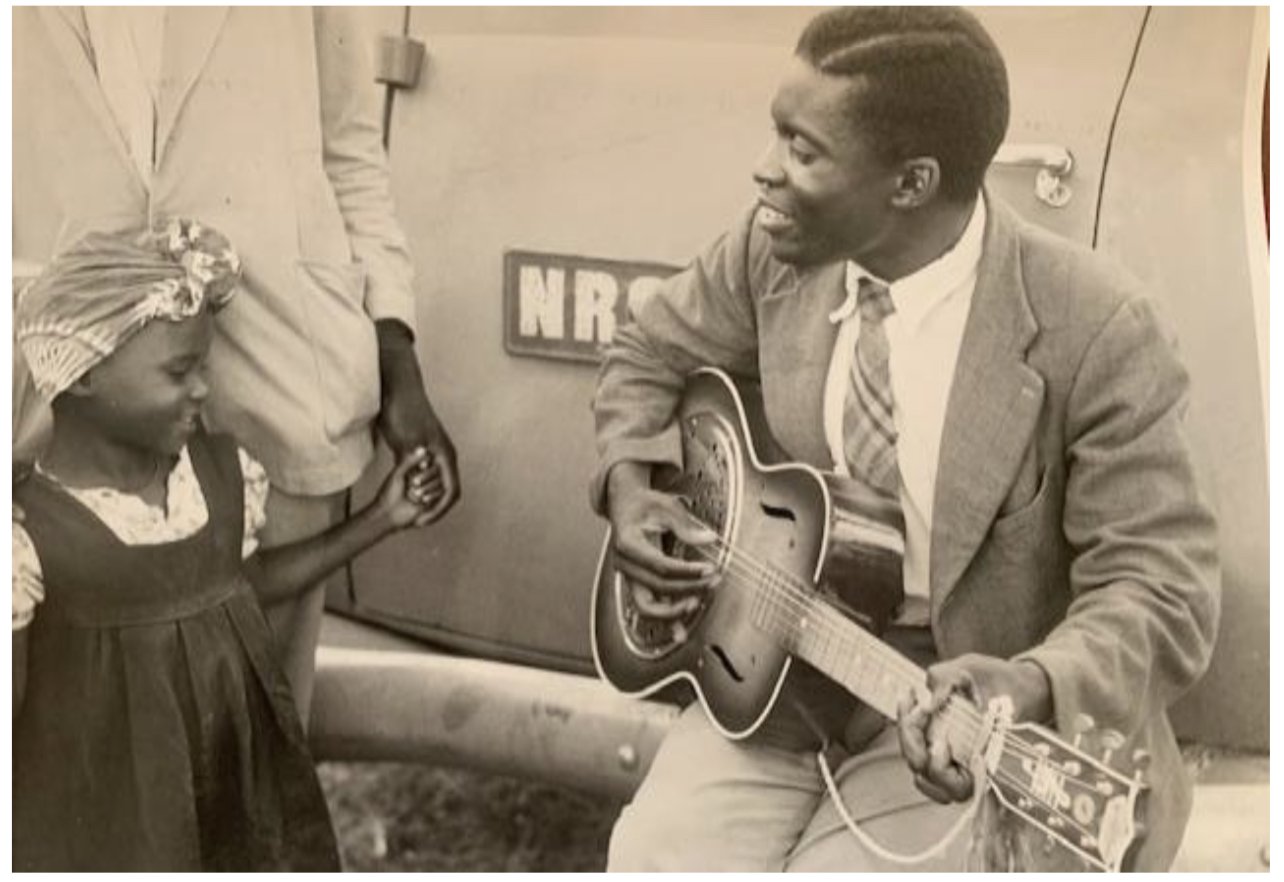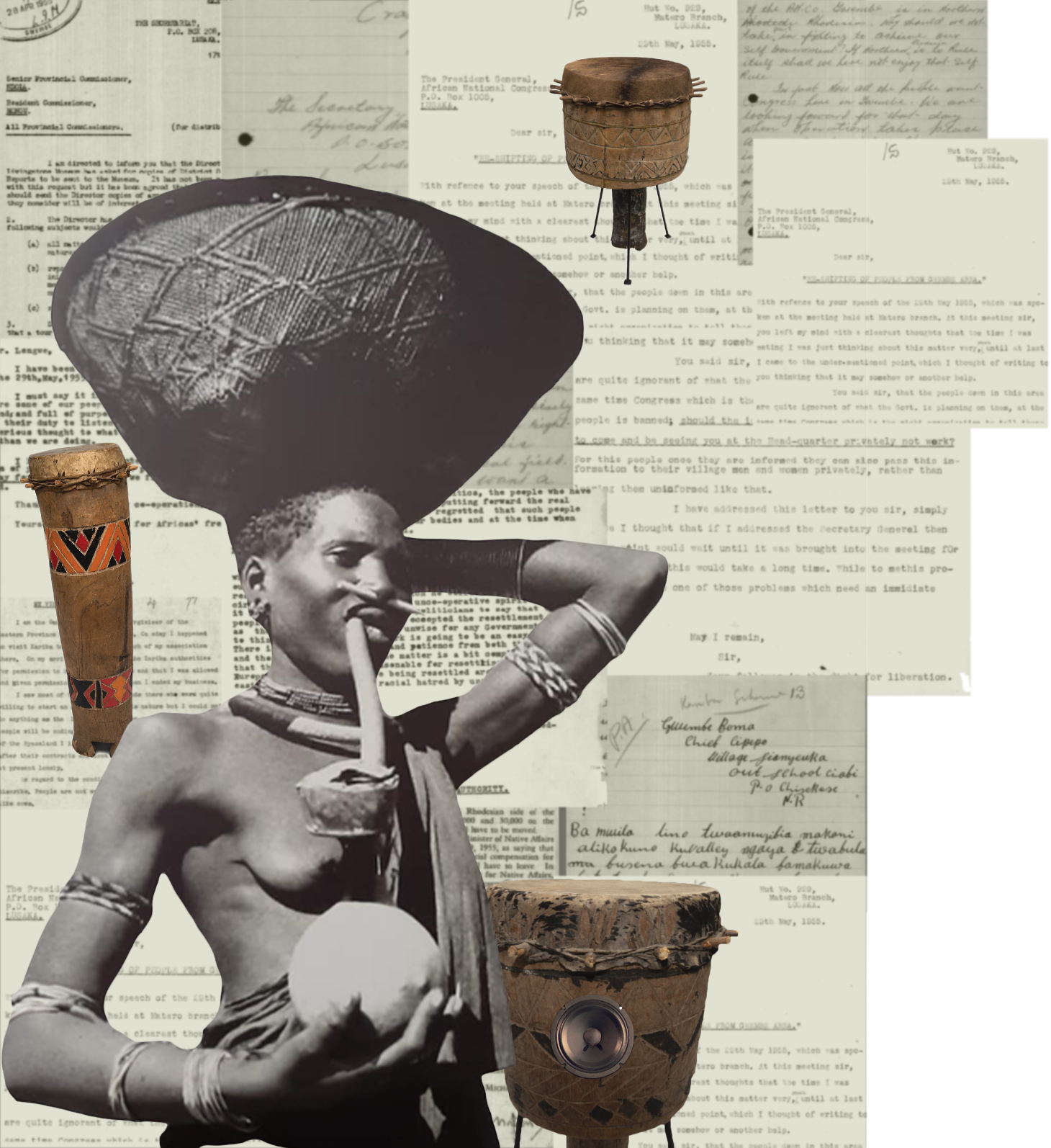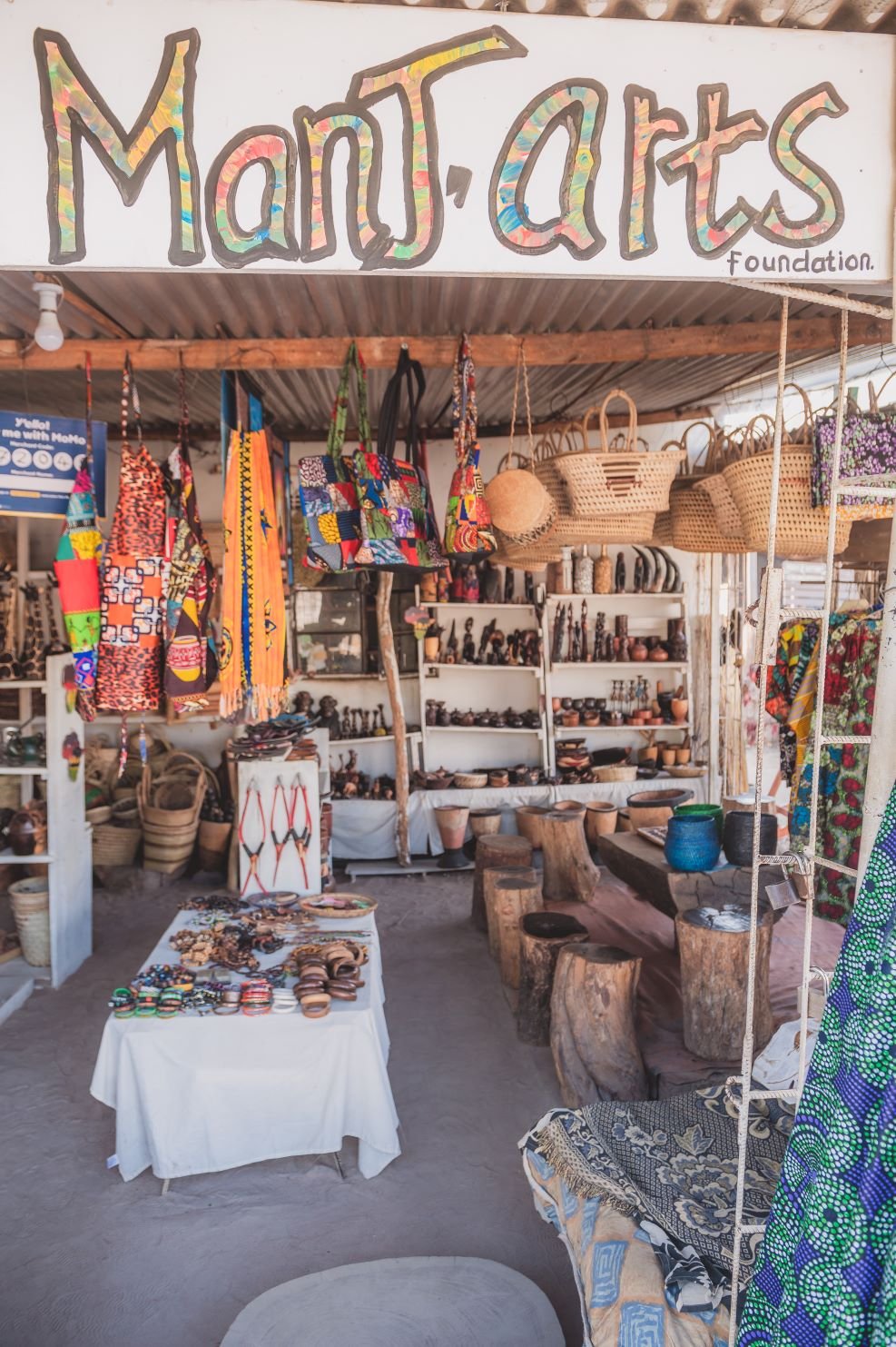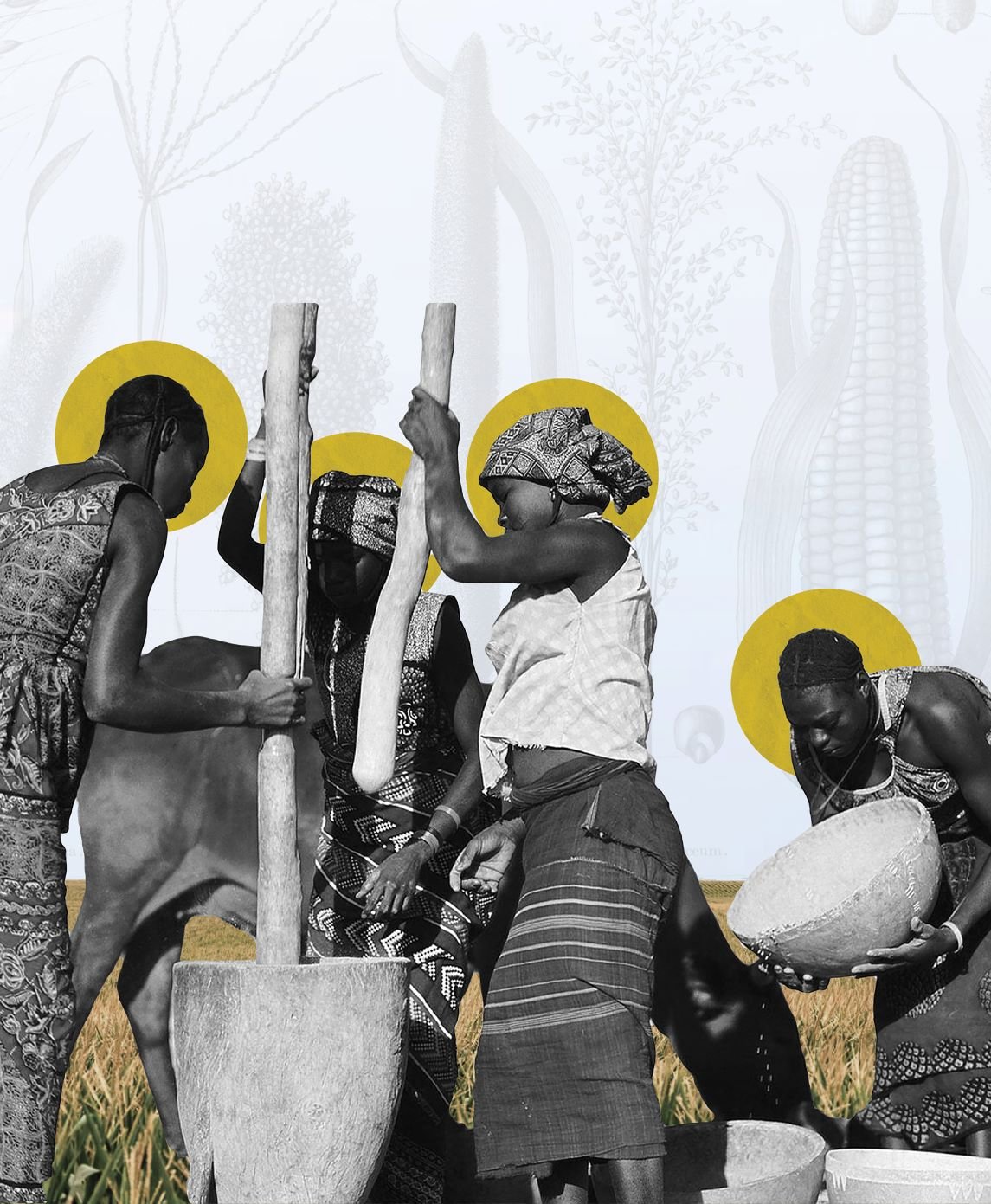If you've lived in or passed through Lusaka, chances are you've traversed Alick Nkhata Road. However, you might not know the remarkable story behind the name. Alick Nkhata was a freedom fighter, veteran broadcaster, and pioneering musician whose career spanned the 1950s through the 1970s.
Early Life and Career
Nkhata was born on July 10, 1922, in Kasama, Northern Rhodesia, now Zambia. He trained as a teacher and later enlisted with the East African Division during World War II, serving in Burma. This experience broadened his worldview and influenced his later work in music and broadcasting.
After returning from Burma, Nkhata collaborated with ethnomusicologist Hugh Tracy in the 1940s, significantly contributing to preserving Zambian folk music. He became a leading advocate and recorder of Zambian traditional music, ensuring that the rich cultural heritage was preserved in modernization.
Musical Contributions
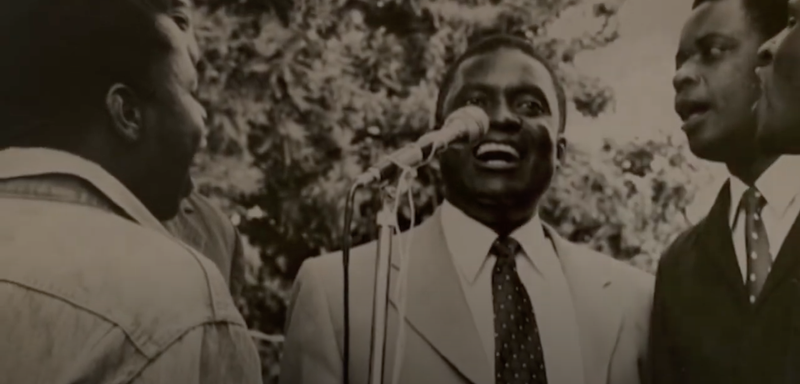
In the 1940s, Nkhata formed the Lusaka Radio Band, later renamed the Big Gold 6 Band. His often satirical songs addressed various themes, including social commentary, everyday life, and cultural pride. Popular tracks include ‘Taxi Driver,’ ‘Shalapo’ and Maggie, sung primarily in Bemba and Nyanja. Nkhata was a talented singer and composer and an adept guitarist whose music resonated with many across Zambia and beyond.
Nkhata's music played a crucial role in the cultural landscape of Zambia during colonial rule. His ability to blend traditional rhythms with contemporary themes made his music appealing to a broad audience, and his songs often contained subtle messages about the social and political issues of the time.
Broadcasting Career
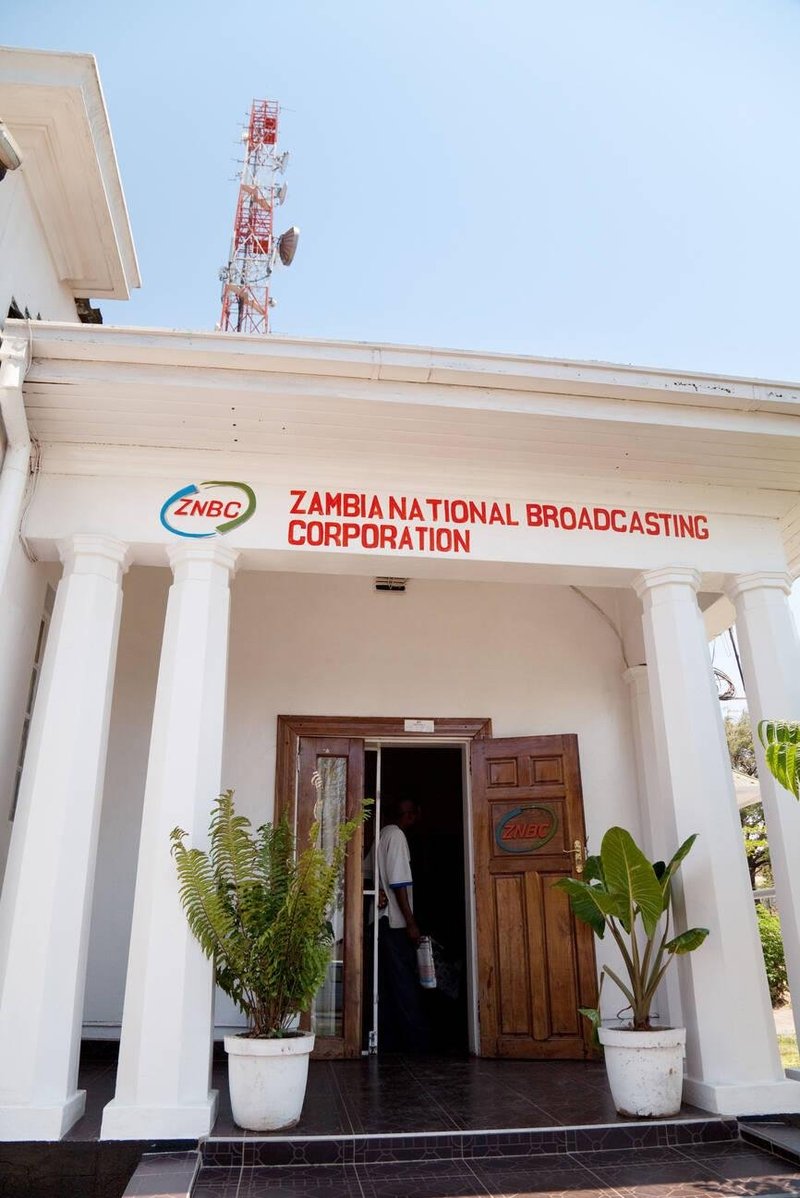
Nkhata's radio career began in 1950 when he joined the Lusaka branch of the Central African Broadcasting Corporation (CABS) as a radio announcer and translator. This role allowed him to reach a larger audience and promote Zambian music and culture. Around this time, he also began recording his songs, establishing himself as Zambia's first musical star. His popularity extended beyond Northern Rhodesia to Southern Rhodesia (now Zimbabwe) and Nyasaland (now Malawi), making him a regional icon.
CABS evolved into Zambia Broadcasting Services (ZBS) and later the Zambia National Broadcasting Corporation (ZNBC). Nkhata rose to become the director of ZNBC. Although his broadcasting career reduced his time for music, he continued to write and record songs, balancing his dual passions for music and media.
Media and Nation Building
In the early 1960s, Nkhata wrote and performed several campaign songs for Kenneth Kaunda, Zambia's first president, and the United National Independence Party (UNIP). Although never recorded, these songs played a significant role in rallying support for the independence movement. Nkhata's music provided a unifying soundtrack for a nation on the brink of independence.
In the 1970s, President Kaunda decreed that 95% of music played on Zambian radio must be of Zambian origin. This policy gave Nkhata and his peers more airplay, helping to shape Zambia's national identity through music. Radio was crucial for decolonization and nation-building, spreading political messages and locally produced music. This era saw a resurgence of interest in traditional Zambian music, and Nkhata's contributions were pivotal in this cultural revival.
Later Years and Legacy
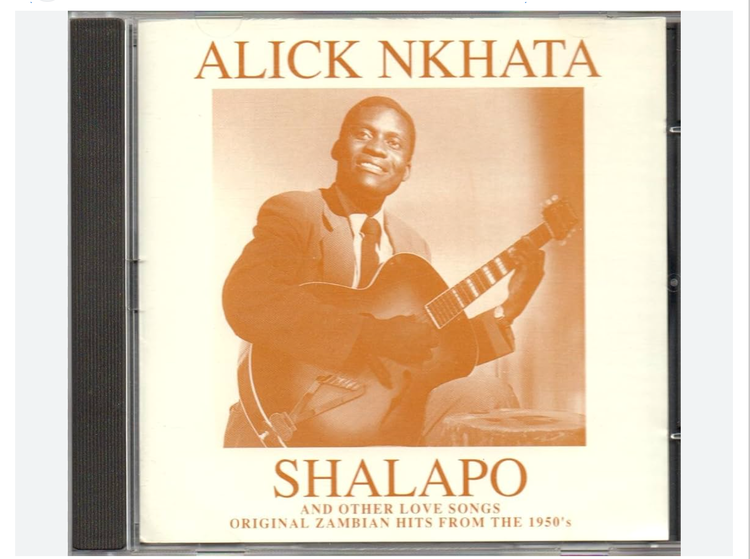
In 1974, Nkhata retired to his farm in Mkushi but continued making music occasionally. His farm was near a camp occupied by the Zimbabwe People's Revolutionary Army guerrillas. On October 19, 1978, Ian Smith's forces attacked the camp, and Nkhata was tragically caught in the crossfire and killed.
Though not as widely known today, Nkhata's legacy endures. He played a significant role in preserving traditional music and developing Zambia's broadcasting networks. His music remains indelible in Zambia's history and has reached audiences across Southern Africa. In 1991, a collection of his popular songs, Shalapo and Other Love Songs: Original Zambian Hits from the 1950s, was released. His music is available on platforms like YouTube, Spotify, and Apple Music, allowing new generations to discover his work.
One notable landmark on Alick Nkhata Road is the Mass Media Complex, housing the headquarters of ZNBC, an organization he helped build. As you drive through Alick Nkhata Road, please take a moment to remember his contributions to the nation. His efforts in music and broadcasting have left an enduring mark on Zambia's cultural and media landscape.

Alick Nkhata Road, Lusaka (Alamy/Peter Rogers)
